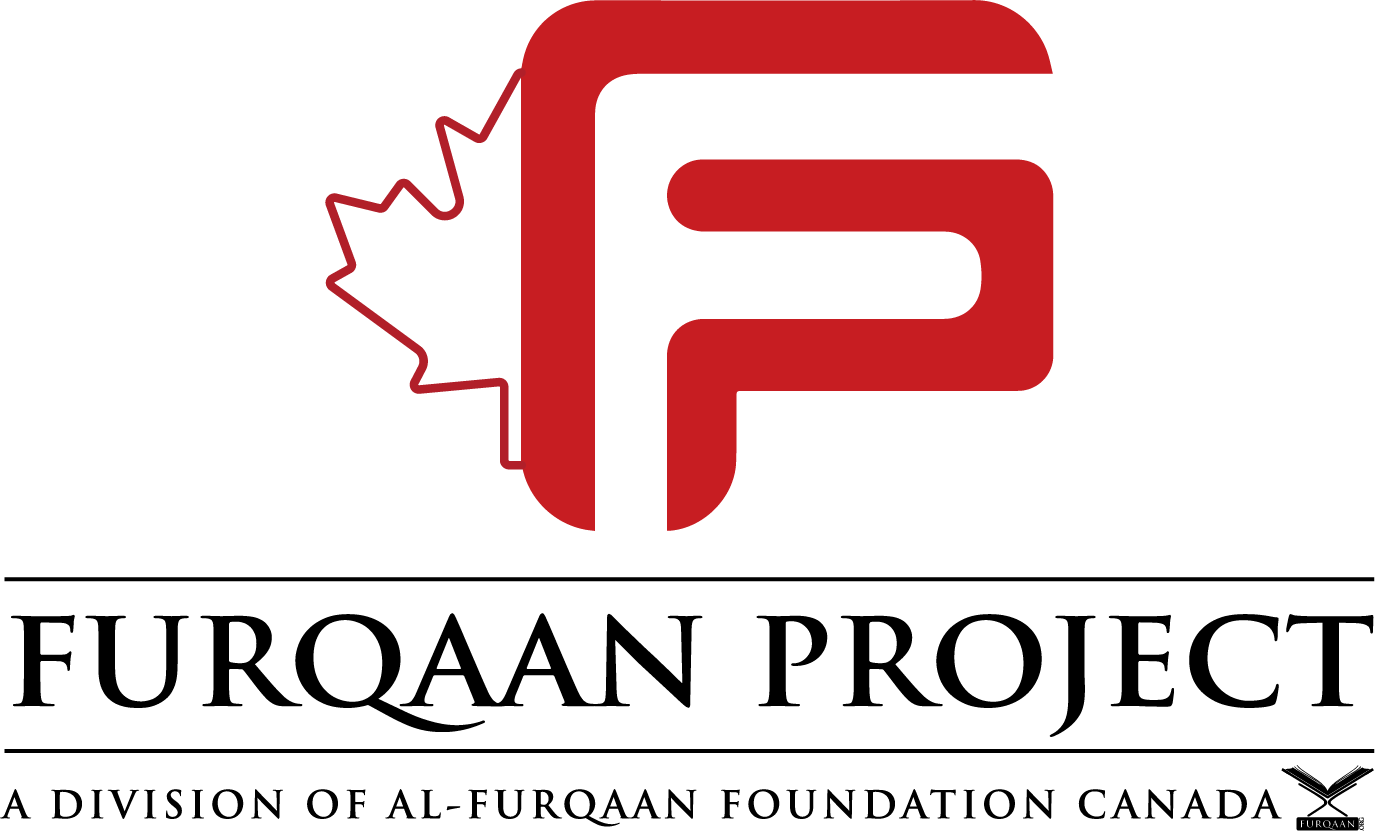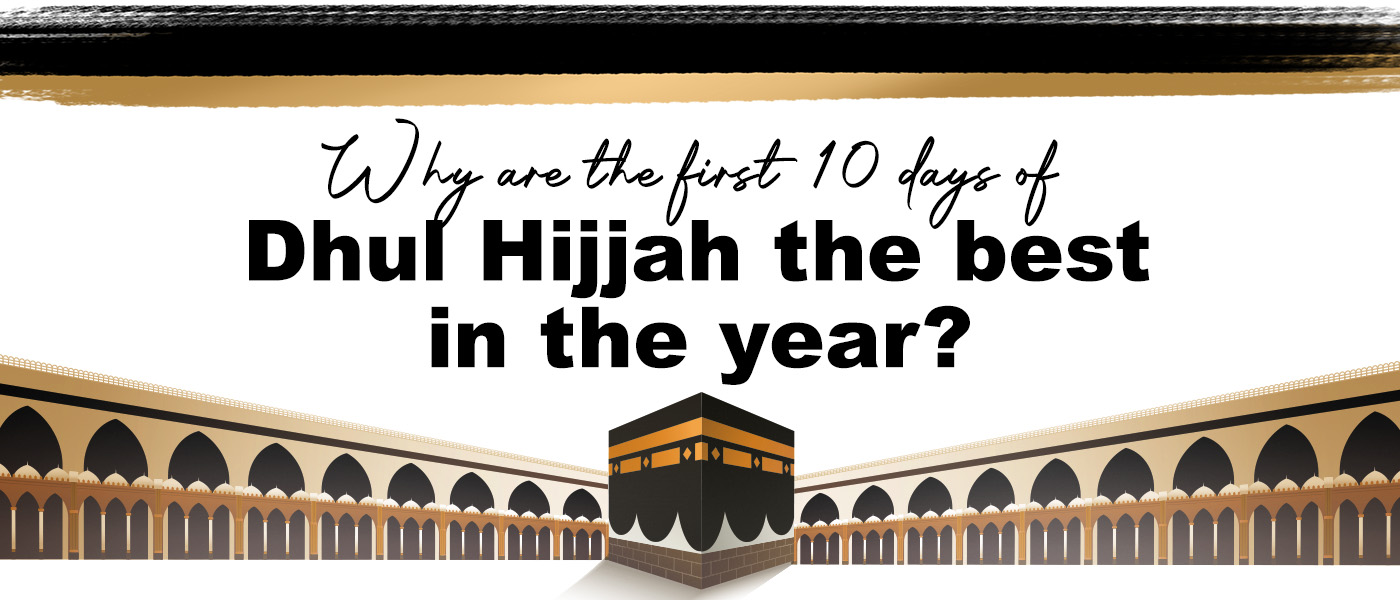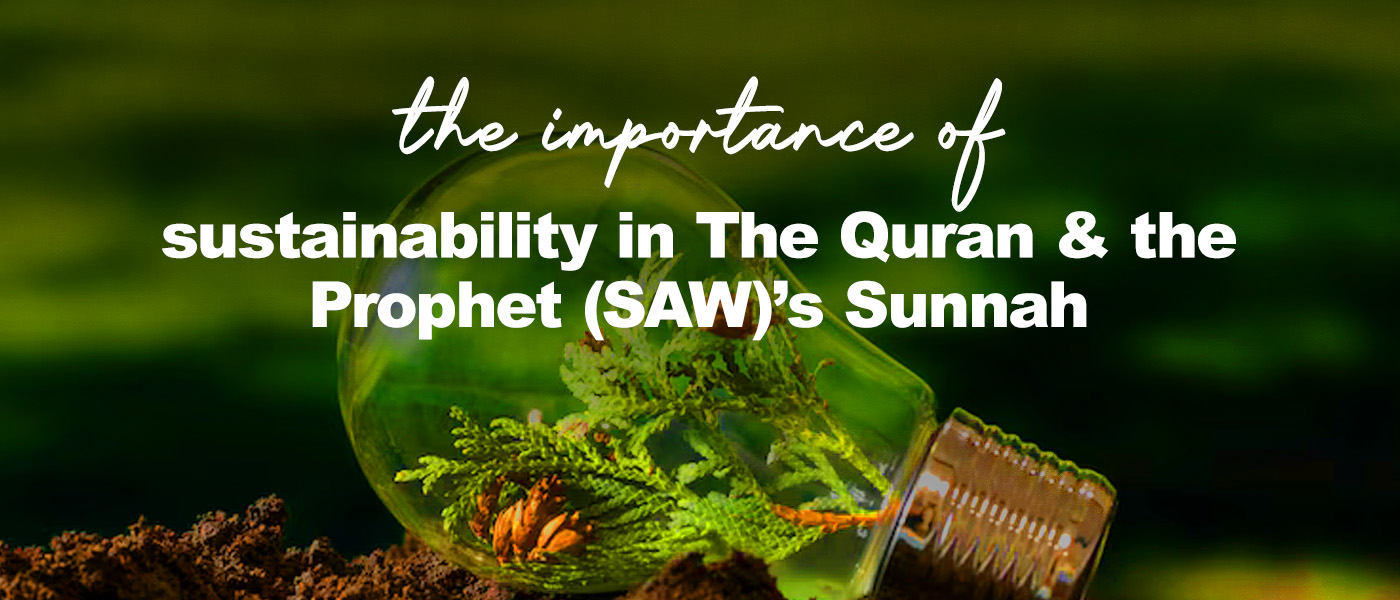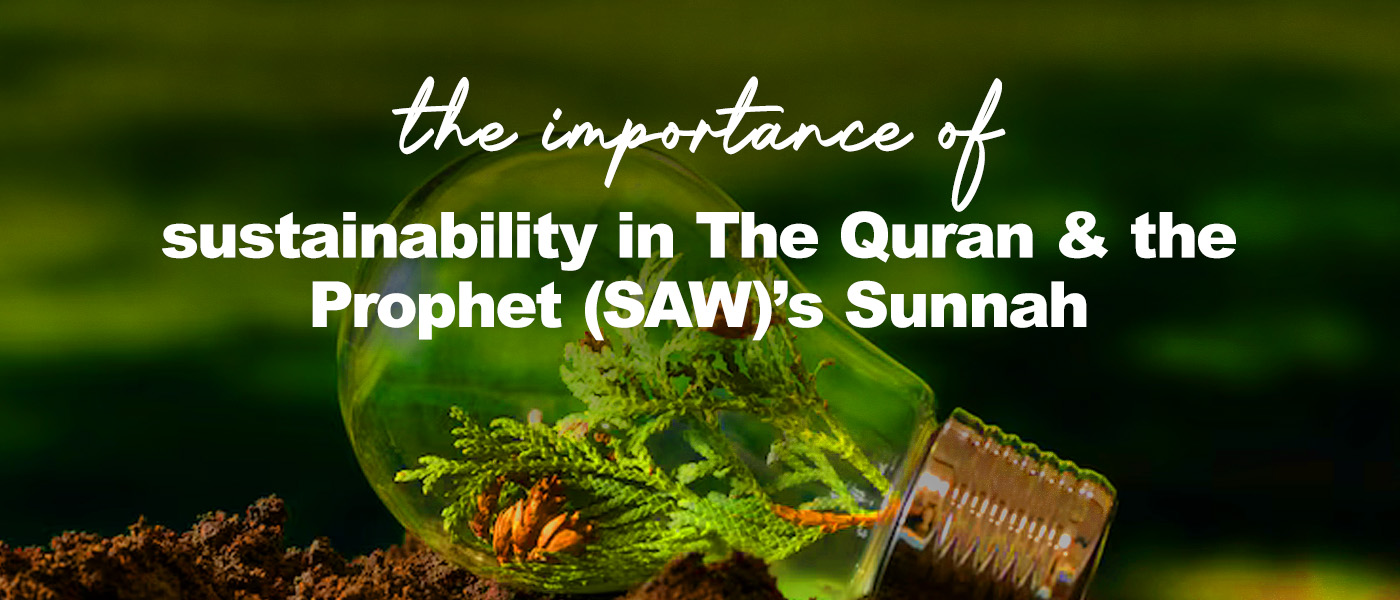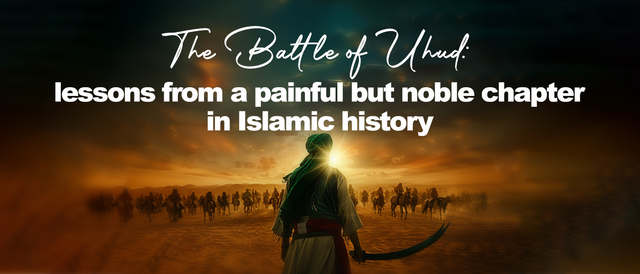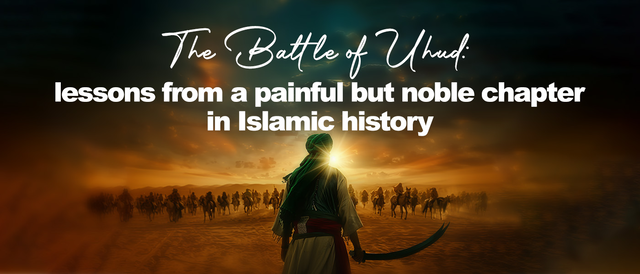Why are the first 10 days of Dhul Hijjah the best in the year?
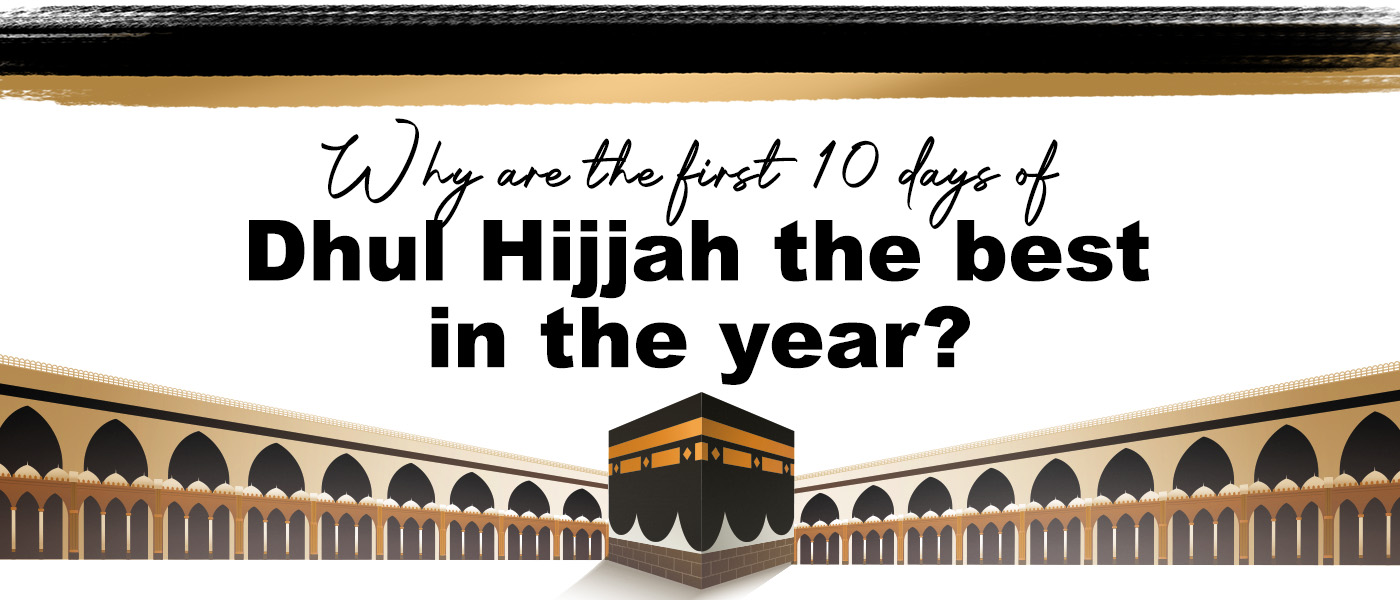
All praise is due to Allah (SWT), the Lord of the Worlds, who created time and made some periods more virtuous than others. In His divine wisdom, He bestows sacredness upon moments that offer believers increased opportunities to draw closer to Him. Among these blessed times are the first 10 days of Dhul Hijjah, and these days are imbued with immense spiritual weight, mercy, and divine favor.
The Prophet Muhammad (SAW) has said, “There are no days in which righteous deeds are more beloved to Allah than these 10 days.” The companions responded and said, “Not even jihad for the sake of Allah?” The Prophet (SAW) then replied, “Not even jihad for the sake of Allah, except for a man who went out with his life and wealth and returned with neither.” (Sahih al-Bukhari)
This hadith confirms that the merit of good actions during these days surpasses those done at any other time of the year, even surpassing the acts of jihad save in the most exceptional of cases. It is a time when actions that we think are ordinary like prayers, fasting, remembrance (dhikr), and charity become supercharged with spiritual value.
Allah (SWT) alludes to these days in Surah Al-Fajr when He says, “By the dawn, and the 10 nights […].” (The Clear Quran®, 89:1-2)
Most mufassirun (scholars dedicated to interpreting and explaining The Quran), including ibn Kathir and al-Tabari, interpret “the ten nights” to refer to the first 10 days of Dhul Hijjah, thus elevating their sanctity through an oath taken by Allah (SWT) Himself.
Unique to these ten days is their convergence of all the major acts of worship:
- Salah (prayer)
- Siyam (fasting)
- Sadaqah (charity)
- Hajj (pilgrimage)
- Dhikr (remembrance of Allah (SWT))
There is no other time in the Islamic calendar where all these pillars are observed collectively.
The ninth day, known as the Day of Arafah, holds extraordinary merit. It is the day upon which Allah (SWT) completed the religion. He says, “Today I have perfected your faith for you, completed My favour upon you, and chosen Islam as your way.” (The Clear Quran®, 5:3)
For those who are not able to go to Hajj this year, fasting on this day is greatly emphasized. The Prophet Muhammad (SAW) has said, “It expiates the sins of the previous year and the coming year.” (Sahih Muslim)
The culmination of these days is Eid al-Adha, the festival of sacrifice, marketing the tenth day. Sacrificing an animal on this day is a Sunnah of Prophet Ibrahim (AS), reviving the legacy of submission and devotion to Allah (SWT). It is a day of festivity, yet it is also deeply spiritual.
In light of their virtue, the scholars unanimously recommend the following:
- Recite more Quran (or you can even donate Quran), perform extra prayers (nawafil), and increase dua.
- Fasting, particularly in the first nine days, with special focus on the Day of Arafah.
- Abundant dhikr by repeatedly reciting what the Prophet (SAW) taught us: “Allahu Akbar, Alhamdulillah, La ilaaha ilallah, and SubhanAllah” frequently during these days.
- Saying the Takbir al-Muqayyad after obligatory prayers from Fajr of the 9th until Asr of the 13th.
- Giving in charity to reflect the generosity of the Prophet (SAW). Donating to Islamic schools, Dawah initiatives, and other accessible resources of The Quran can triple your rewards this month!
The first 10 days of Dhul Hijjah are a divine invitation to ascend in nearness to Allah (SWT). The Prophet (SAW) cherished them. The righteous predecessors exhausted themselves during these days. Let us seize this opportunity to return to our Lord with hearts full of dhikr, tongues moving with praise, and hands extended in service to His creation.
May Allah (SWT) grant us tawfiq to witness these days in devotion, and accept from us our humble deeds. Ameen.

